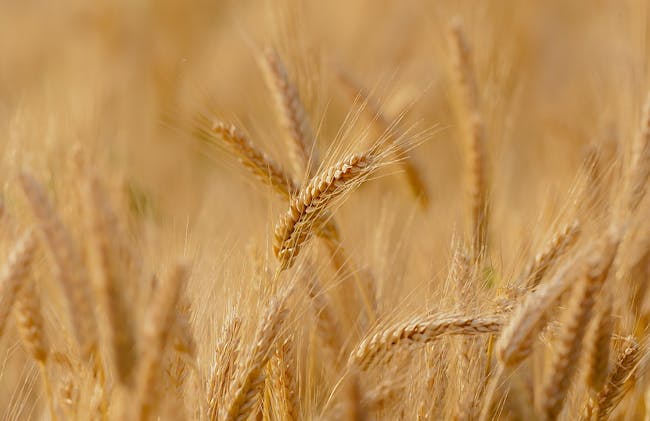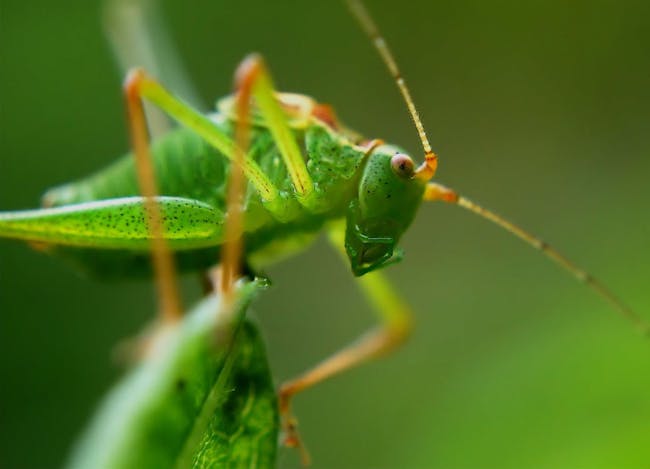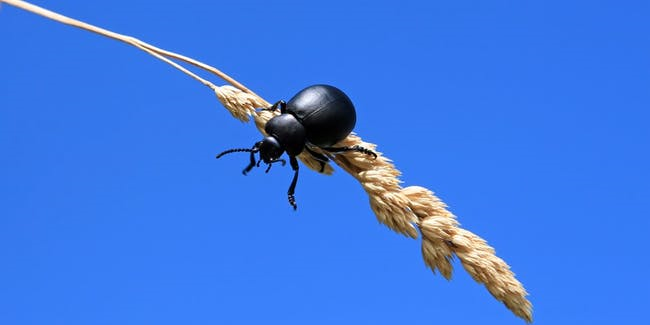“In general, insect metabolism is temperature dependent.”
Climate change is already threatening our food supply by raising temperatures and causing wildfires, but as a new study in Science suggests, all this heat is speeding up insect metabolism, making them an even bigger threat to human crops and agriculture. If the problem continues to worsen at the projected speed, this could mean serious consequences for global food supplies.
Using a computer model, a team of researchers from various US universities projected global crop yield based on several different warming scenarios. These models, which specifically focused on crop yield in relation to pest destruction, showed that the amount of crops lost globally each year due to bugs will likely increase by 10 to 25 percent per degree of global surface warming.
This is particularly unsettling, as recent projections have estimated that if greenhouse gas emissions continue to increase at the current rate, by the end of the 21st century the Earth will be 3 °F hotter.

He predicts the problem will not just affect crop yield but also have economic and social consequences.
Dylan Parry, Ph.D., an associate professor at SUNY College of Environmental Science and Forestry and an entomology expert not affiliated with the study, agrees that climate change could affect pest behavior.
“In general, insect metabolism is temperature dependent – they are more active, consume more food, etc. as temperatures increase,” Parry tells Inverse. “Insect response to a warming climate will differ with latitude as species that live close to the equator or in other hot climates are already near their optimal thermal limits.”

The solution to this problem won’t be a simple one. As pests become a bigger problem to global crops, farmers may naturally feel obliged to use more pesticides. Unfortunately, pesticide overuse comes with its own set of problems.
(For the balance of this article please visit: https://www.inverse.com/article/48542-climate-change-is-making-bugs-hungry)









